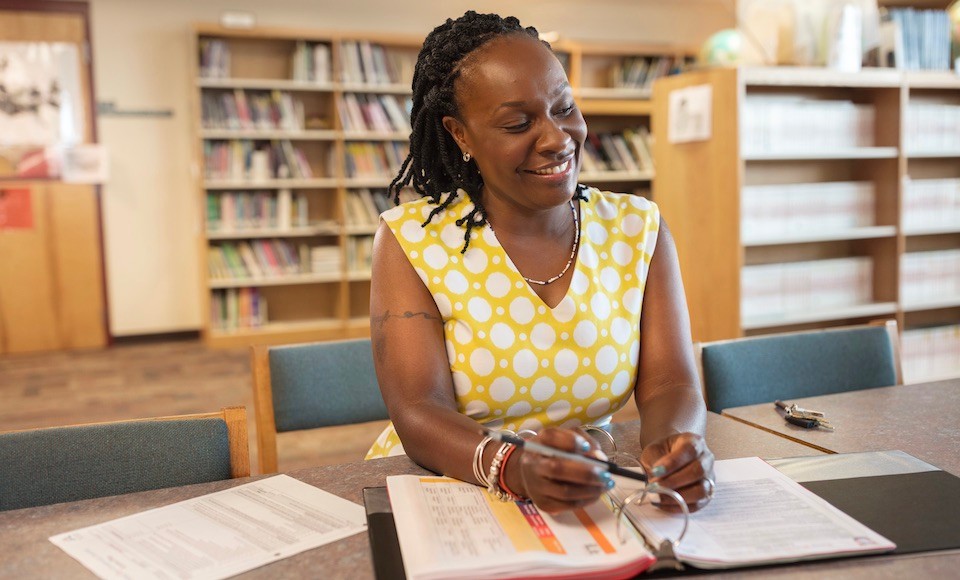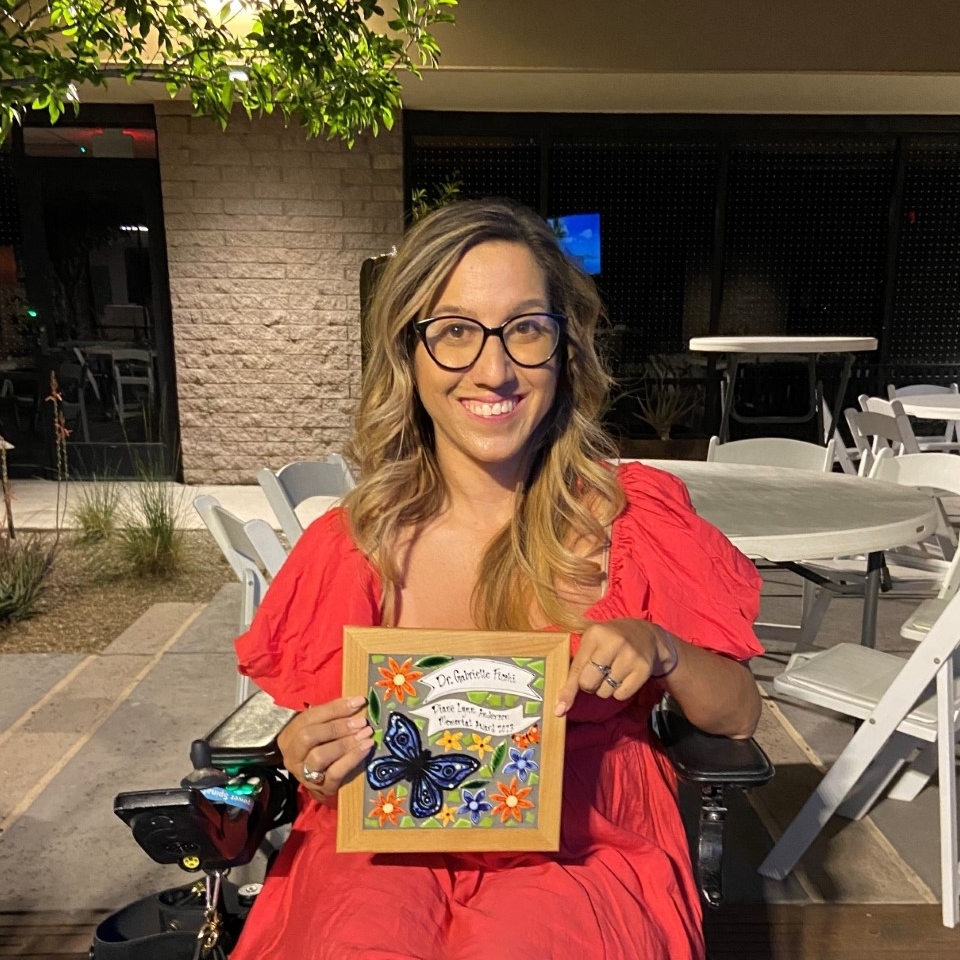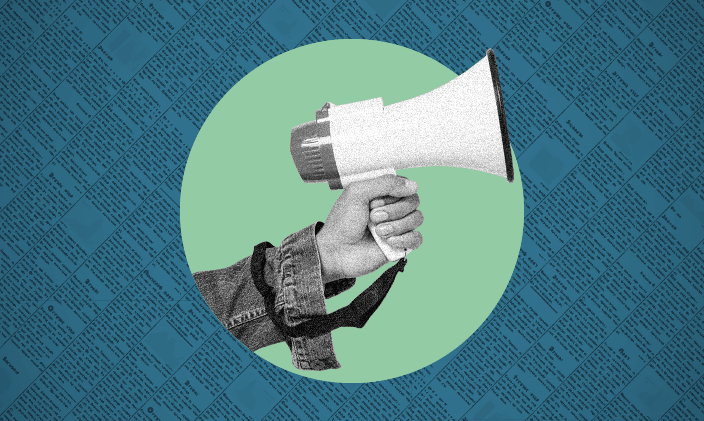Supporting student teachers during the pandemic

By University of Phoenix
As schools across the country cancelled or postponed classes or pivoted to online learning as a result of coronavirus, student teachers faced a very uncertain future. If they couldn’t complete their in-school field experience, many would not meet the requirements for their performance assessment to pursue licensure.
This was the harsh reality faced by the over 350 College of Education (COE) student teacher and ADM students in K-12 classrooms across the country this spring semester. By mid-March, nearly all of them were unable to access classrooms and were threatened with a major setback. Despite their degree being completed primarily online, they would be unable to graduate without classroom experience.
Dr. Pamela Roggeman, dean of the College of Education and a former K-12 teacher, knew something had to be done quickly, but accommodating the students would be a major lift. The 2020 cohort includes students from all across the country. Teacher licensure requirements vary from state to state, and each state was rolling out different accommodations for educator licensure during the pandemic.
Despite the obstacles, pushing an indefinite pause on student teacher and administrator field experience was simply not an option the College was willing to let happen.
“We established at the beginning that our number one goal was to help as many of our student teachers graduate this semester as possible,” said Dr. Roggeman, who was in constant contact with the various state departments of education, whose directions were changing almost daily. “That was our North Star — getting them across the finish line.”
The upheaval of student teaching is magnified when the national teacher shortage is taken into consideration. Nationwide, schools are struggling to find qualified candidates to fill teaching positions and a portion of teachers are leaving within the first few years in the classroom. COVID-19 could further increase an already alarming shortage.
Before state education agencies had the time to establish new expectations, the College of Education staff and support partners began what would grow to be continued and frequent communication with students and faculty.
Students were instructed to increase their communication with their K-12 school partners and their faculty supervisors and document all the distance learning, parent communication, and district planning they were involved in. This would prove as evidence of their hard work to aid students. COE faculty were instructed to increase their communication with students to assure them that their UOP program was still intact and moving forward.


